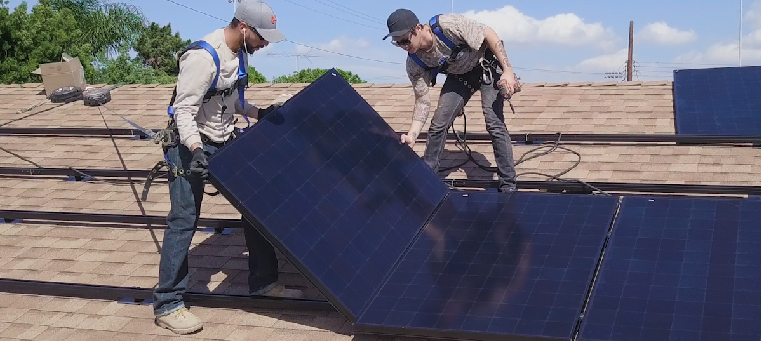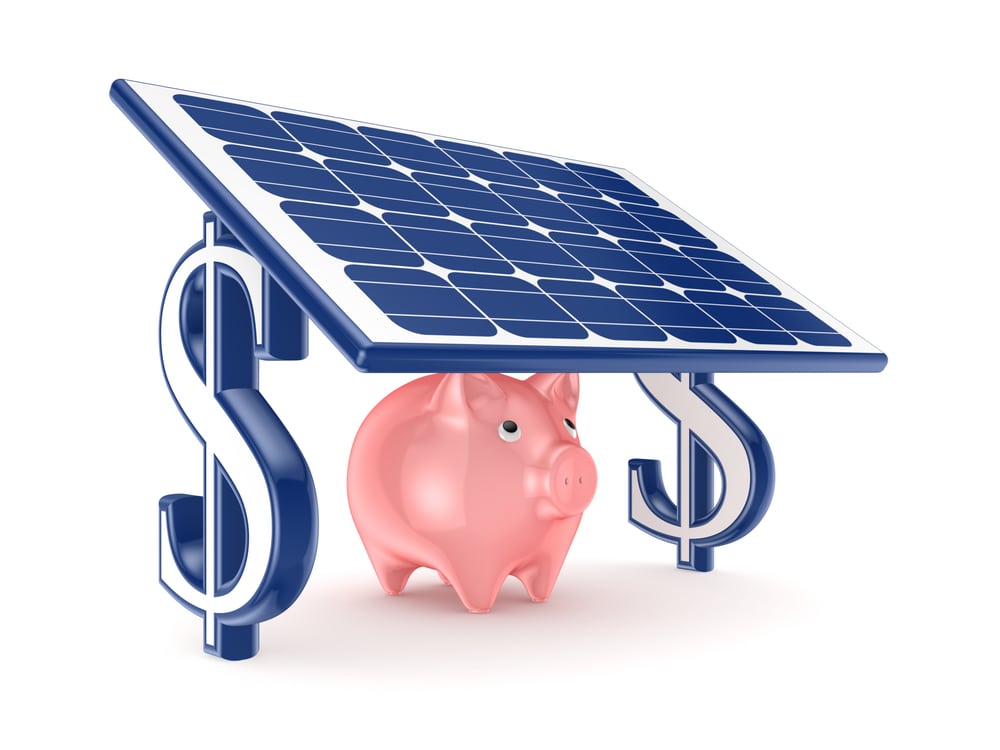




With Tax Day looming, you may be scrambling to get your finances in order. And if you’ve already filed, you might be looking ahead to this year to make sure you’re set up for financial success.
If you’ve had solar installation done, you could qualify for multiple tax breaks and rebates at the federal, state, and local level. Little did you know that while you’ve been saving costs on electricity bills and doing your part to reduce carbon emissions, you’ve also been doing your taxes some justice.
As you file your taxes, there is light at the end of the tunnel, and that light is solar-powered. Here are three major ways solar installation may affect your taxes to your benefit.
While the cost of your actual solar installation may have seemed like an expensive investment, just know that you’re saving money in the long-term. In order to help lessen the initial financial burden solar energy installation may cause, the Environmental Protection Agency and Department of Energy offer tax credits for solar-powered systems. The solar Investment Tax Credit (ITC) incentivizes Americans to adopt solar energy, driving the growth of the solar industry. It applies to owners of residential and commercial properties that have had solar panel installation.
If you’ve installed solar power systems within your home, you may qualify for a federal tax credit of up to 30% of the total cost. To put that in perspective, a solar power system that costs $25,000 may be eligible for a $7,500 federal tax credit.
It’s important to note that this credit is not applicable to rental properties that are rented out. Although you may own it, you must live in the home to claim the credit. If you live in the rental home for a portion of the year, then you can still receive a prorated credit; that is, the percentage of the year you stay there is the percentage of the 30% tax credit you would receive.
Additionally, keep in mind that the ITC will be gradually reduced in the next few years.
 2. State and local rebates may also be available to solar power system owners.
2. State and local rebates may also be available to solar power system owners.In addition to the federal tax incentives for solar panel installation, there are some state and local rebates and credits solar owners can take advantage of. Each state is different—you can check the Database of State Incentives for Renewables & Efficiency to see what potential tax breaks are available for renewable energy installments within your specific state or city.
If you live in California, for example, you may have heard of the California Solar Initiative (CSI). The initiative offered cash incentives on solar systems, available to customers of Pacific Gas & Electric, Southern California Edison and San Diego Gas & Electric. While the program has expired, there may be local solar rebates you can take advantage of depending on where you live, such as those through the Los Angeles Department of Water and Power and San Francisco Public Utilities Commission.
With the end of the CSI, Semper Solaris also offers our own rebates throughout the year to make up for the lost incentives for solar installation. To learn more, take a look at our Current Offers.
It’s smart to think outside the box — or outside the home — when it comes to what you could get a tax break on. Beyond an overall home solar energy system, any improvements you make to your home that make it more energy efficient can also qualify toward federal tax credit. This includes energy-efficient windows, doors, skylights, heating and air-conditioning systems, insulation, water heaters and roofs. Naturally, solar installation can indirectly cover many of these appliances and generate the power to run them in an energy-efficient manner.
Installing alternative energy equipment can also count toward the residential energy efficiency property credit. A solar water heater and small wind turbines are examples of appliances that qualify. To note, there can be limits to these credits depending on the type of alternative energy improvement.
Although some alternative energy upgrades may not call for solar power, many do. Your roof is one of them, as solar panel installation usually starts with upgrading the roofing of a house. It’s the main spot where the sun hits, so installing energy-efficient panels is a key way to save with both tax credits and on electricity.
From federal tax credits to state-specific programs to local rebates, making your home more energy efficient and reducing your carbon footprint can be a profitable investment. Tax Day doesn’t have to be daunting when you know that you’re getting the most bang for your buck with your solar power system in place.
If you haven’t yet benefited from solar panel installation, learn more about the advantages of solar installation and get your free solar quote today!